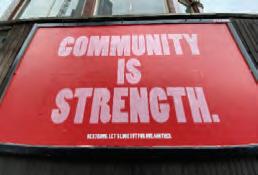






In the labyrinth of mental health care, Amanda Luckett Murphy (ALM) Hopewell Center stands as a beacon of hope for St. Louis city, offering a comprehensive array of services tailored to adults, children, and adolescents grappling with mental illness. The ALM Hopewell Center Adult Behavioral Health Program facility is snuggled between the Betty Jean Kerr’s People’s Health Center and ALM Hopewell Children’s Behavioral Health and People’s Dental Care for Kids facility on Delmar Boulevard near DeBaliviere. Nestled within its programs lies a commitment not just to treatment, but to empowering individuals to integrate seamlessly into their communities. Dwayne Butler, CEO of People’s Family of Corporations (parent company of ALM Hopewell Center), stated, “Mental health needs to be addressed in our community. The goal at the Delmar campus is to integrate primary health care and mental health, serving as one necessary resource to holistically heal our community.” Programming is aimed at removing the stigma around mental health so that anyone experiencing trauma, stress, and other factors that lean into being socially and emotionally well, are not afraid to seek or ask for help.
At the heart of ALM Hopewell Center’s mission is its dedication to fostering independence and holistic well-being. Through a multifaceted approach, they address the diverse needs of their clientele, recognizing that mental health is intricately woven into the fabric of one’s life. Dr. Moses Waithaka, Vice President of Operations, stated, “Through partnerships such as Department of Mental Health and SAMSHA, we have made some strides to ensure that mental health services are readily accessible to those who need our services. Many times, individuals don’t receive the help they need, simply because of barriers that hinder access to mental health services. It is our pleasure to offer clients walk-in appointments to receive same day services, just as it gives us joy to offer schoolbased and healthcare home services.”
For children and adolescents, the Lacy Clay Center for Children’s Health serves as a nurturing space, providing specialized care that acknowledges the unique challenges faced during formative years. Meanwhile, the adult outpatient program extends a lifeline through services ranging from crisis intervention to medication management. Here, individuals are not just clients; they are active participants in their journey towards wellness.
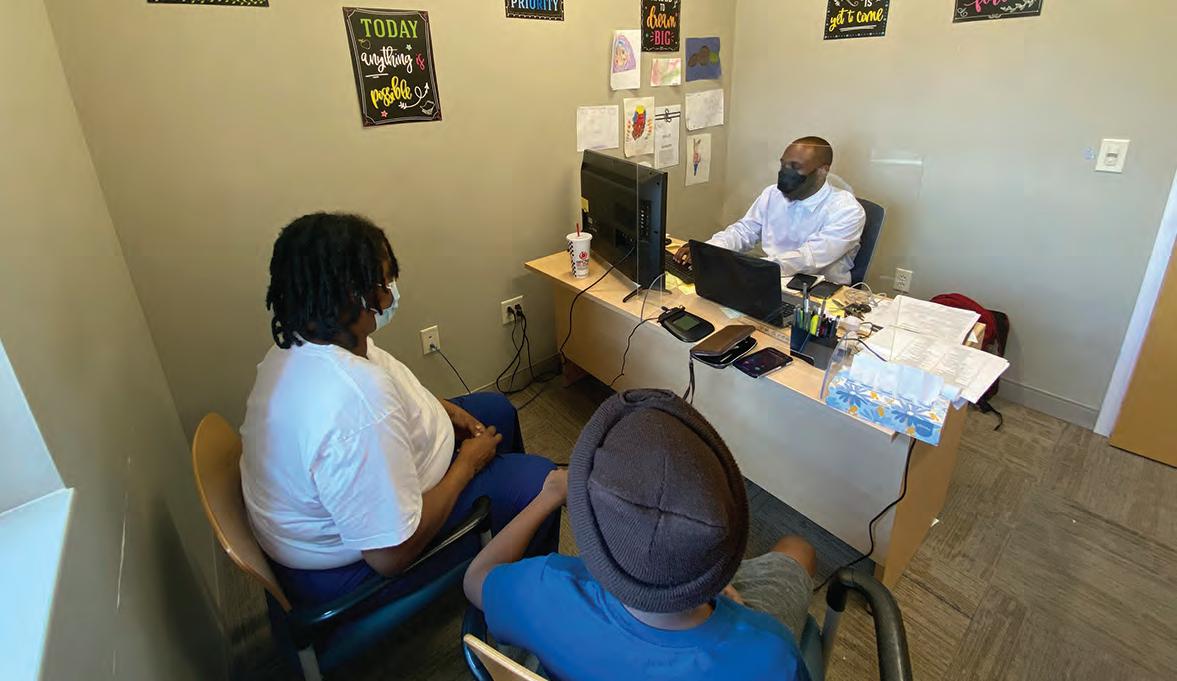
The Psychiatric Rehabilitation arm of ALM Hopewell Center embraces the philosophy of community integration. Through tailored support and rehabilitation services, individuals are empowered to navigate life’s complexities, armed with the skills necessary to thrive independently. This isn’t just about managing symptoms; it’s about reclaiming agency and building meaningful lives.
In the residential program, ALM Hopewell Center continues to break down barriers to inclusion. From the STRIVE Group Home to RISE Residential Services, the focus remains steadfast on providing safe, supportive environments where individuals can flourish. Whether it’s learning life skills or accessing transitional support, every aspect is geared towards promoting autonomy and dignity.
Crucially, ALM Hopewell Center recognizes that stable housing is a cornerstone of mental health. Through initiatives like the Hopewell Apartment program and the Hopewell Voucher program, they address the pressing issue of homelessness head-on, offering not just shelter, but a pathway to stability and self-sufficiency.
Moreover, the Contract Provider program extends a lifeline to those in need of alternative housing arrangements, ensuring that no one falls through the cracks. By
partnering with approved facilities, ALM Hopewell Center expands its reach, bridging gaps and fostering a sense of belonging within the broader community.
In a world often marred by stigma and isolation, ALM Hopewell Center shines as a testament to the transformative power of compassionate care. Beyond the clinical confines, it fosters connections, restores hope, and champions the inherent worth of every individual. As we navigate the complexities of mental health, let us remember that true healing begins when we stand together, guided by empathy, understanding, and unwavering support. ALM Hopewell Center embodies this ethos, lighting the way towards a brighter, more inclusive future for all.
To learn more about Amanda Luckett Murphy Hopewell Center Behavioral Health Services, call: (314) 531-1770, or visit: www.hopewellcenter.com. 24/7 Suicide Crisis Lifeline, dial: 988.
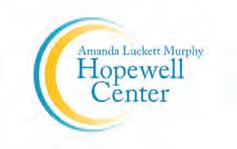
“My life was like living in a burning house. I got so used to the heat, the fire, the stones, that I didn’t realize it was still burning. I ended up in the hospital during one of the worst parts of my life and received a mental health screening and was referred to Provident Behavioral Health.” - Bryona, 22 years old
Fortunately, Bryona contacted Provident where she was able to connect with licensed therapist LaTanya Mackey. These sessions helped stabilize Bryona’s life as she and LaTanya were able to work through the barriers that kept Bryona from fully being who she wanted to be. A treatment plan with Bryona’s goals in mind guided her and taught her skills to get healthy. Today, she works and goes to college.
Every year, up to 20% of Americans experience mental illness. Of those, 60% of adults and 50% of youth do not receive the treatment they need, due to lack of resources, or having geographical or stigma barriers. In 2022, 1,215 Missourians died by suicide, the 10th leading cause of death in our state. Nationally there is a rise in suicides among black men and women, as well as among all adolescents. Programs like Provident’s Access Center, which offers same-week, $5 counseling sessions with master-level counseling students, provides accessible, affordable, and exceptional behavioral health care to anyone who needs it, and keeps individuals out of emergency departments that may be expensive and understaffed.
No one should feel alone during their most difficult times. Mental well-being impacts so many things in our lives, including physical health, employment, academic success, and personal relationships. Everyone deserves to feel mentally well and to have access to exceptional behavioral health care. Provident Behavioral Health strives to serve those in mental health crisis or experiencing suicidal ideation; those who are uninsured, underinsured, or who face financial barriers; and those who have geographical or stigma barriers to care.
We have 164 years of experience in caring for the people of St. Louis, and that care is offered in confidential, professional, equitable, and accessible settings.
Counseling, Psychiatric Services, 988 Crisis Center, Mary Ryder Home, TeleHope supportive calls for City residents age 55+, Behavioral Health Intervention Spe-
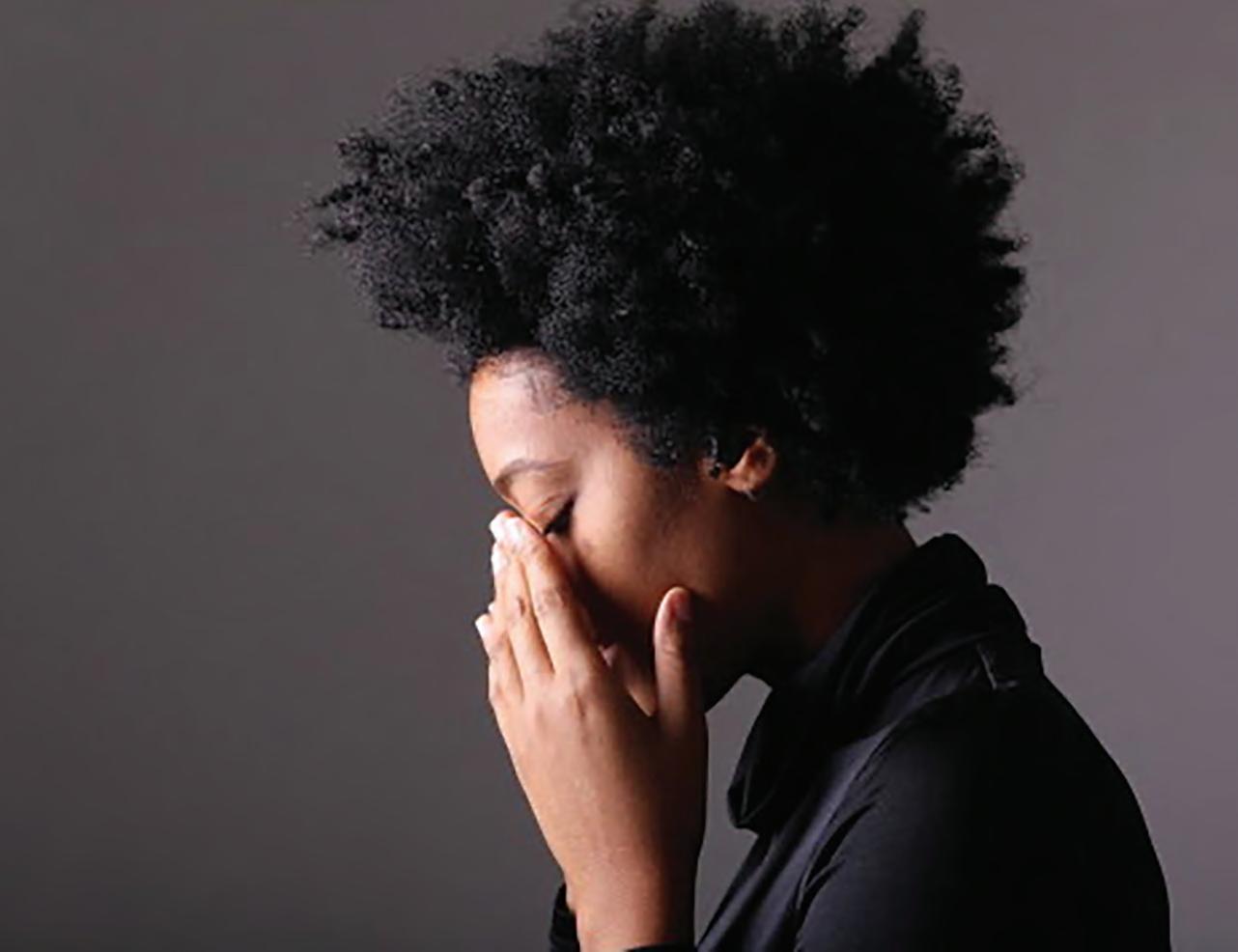
cialists in schools, and Community Education are some of the ways we meet the unique needs of our community. We serve kids, adolescents, adults, and older adults in offices, schools, and community-based settings, via telehealth, and telephone and offer many financial options such as grant and contract funding, sliding fee scale, $5 Access Center counseling, and insurance billing including Medicare and Medicaid.
Thanks to major community leaders such as the United Way of Greater St. Louis, the St. Louis County Children’s Service Fund, the St. Louis Mental Health Board, and the Barnes-Jewish Hospital Foundation, many of our programs are available at little to no out-of-pocket costs. Please call 314-533-8200 or visit our website at www
providentstl.org to get additional details on our services, and to learn more about our clinical staff. Be well.
Trends in Suicide Rates by Race and Ethnicity in the United States | Public Health | JAMA Network Open | JAMA Network Study finds increase in suicides among Black and Latino Chicagoans (msn.com)

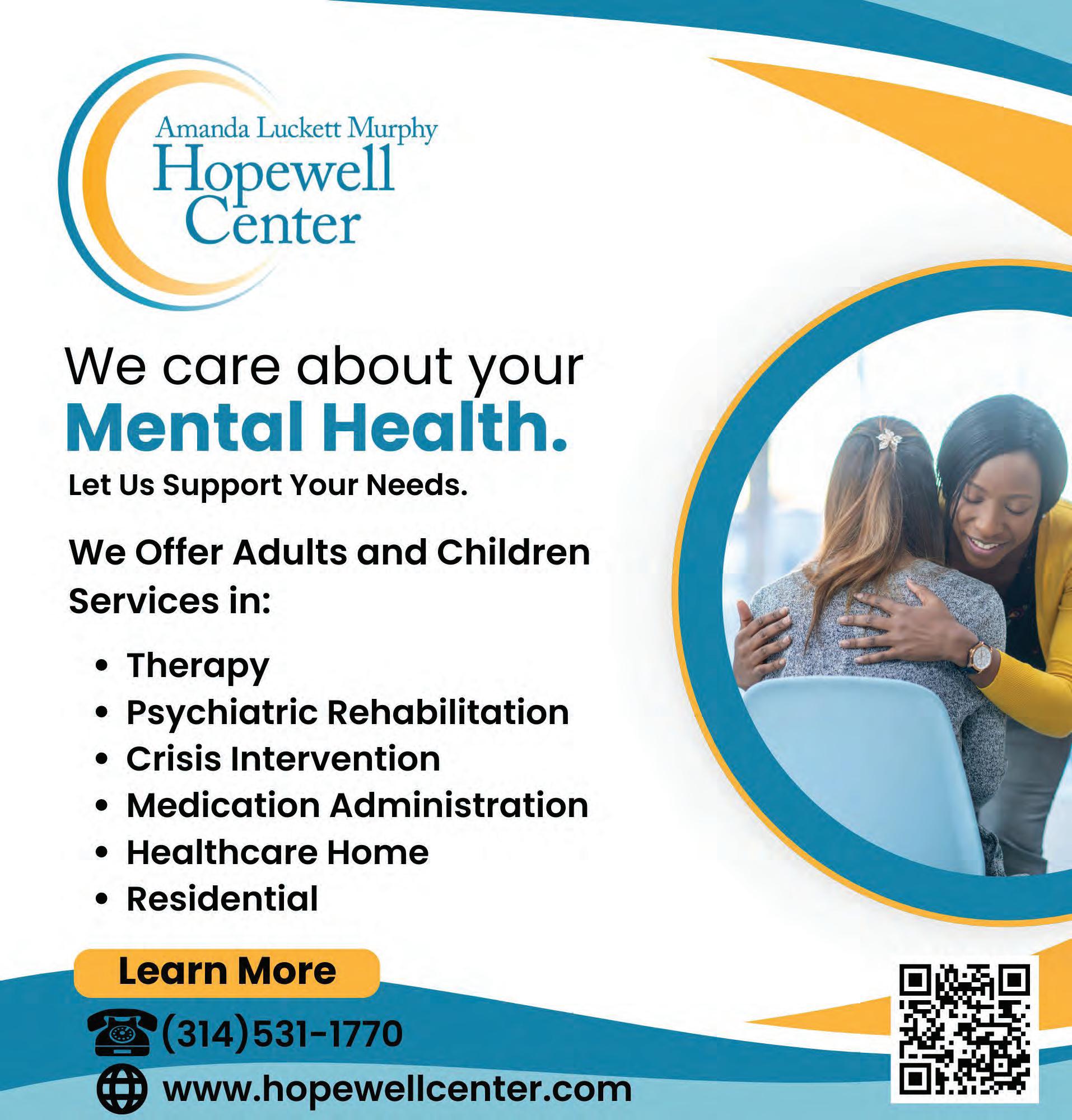
The St. Louis region has a wealth of mental and behavioral health resources for kids, youth, and families; however, it can be daunting to figure out where to start the search. That’s where the St. Louis County Children’s Service Fund’s (CSF) Find-A-Service Tool comes in.
CSF is the largest children’s service fund in the State of Missouri, having allocated over $550 million to services for the children, youth, and families of St. Louis County through a voter-approved, quarter-cent sales tax established in 2008. CSF focuses on long-term partnerships with community leaders and nonprofit organizations, supporting a network of mental and behavioral health providers. Together, CSF’s 104 partner organizations lead the way in providing much needed mental and behavioral health services to the region, from respite care to non-therapeutic counseling to transitional and temporary housing.
Although there is a tremendous network of care in the region, finding the right service for the right community member at the right time can be a challenge. To help address this issue, in 2022 CSF launched an online inter-

active service map – the Find-A-Service Tool – giving providers, school personnel, and parents and caregivers a way to search all of CSF’s funded-partners to find the right service for their child or youth.
“While the function of CSF is to provide funding and to support our incredible funded partners, our mission is to make sure the right kid finds the right service at the right time. One of the most important ways we can do that, beyond providing funding, is to help connect kids and their families with services in the region,” said Emily Koenig, Executive Director of CSF.
The Find-A-Service Tool can be found on CSF’s web-
site, stlcsf.org/find-a-service/. Once on the website, users are greeted by an interactive map. Red and blue dots fill the map, indicating sites of community mental health providers (red) and school-based mental health providers (blue) across St. Louis County and into the greater metro region. Users can search for a provider by service, school district, school name, or by the provider’s name. Users can also scroll through the map by neighborhoods and click on the dots to learn about the associated organization.
Since its development, the Find-A-Service Tool has enhanced CSF’s responsiveness to the community and has become a valuable tool when there is a need for rapid response and deployment of resources.
“This tool demonstrates our commitment to ensuring families receive the support and services they need and deserve,” Koenig said. “Navigating the mental health system doesn’t have to be as difficult as it is, and the FindA-Service Tool helps break down some of the barriers in the system.”
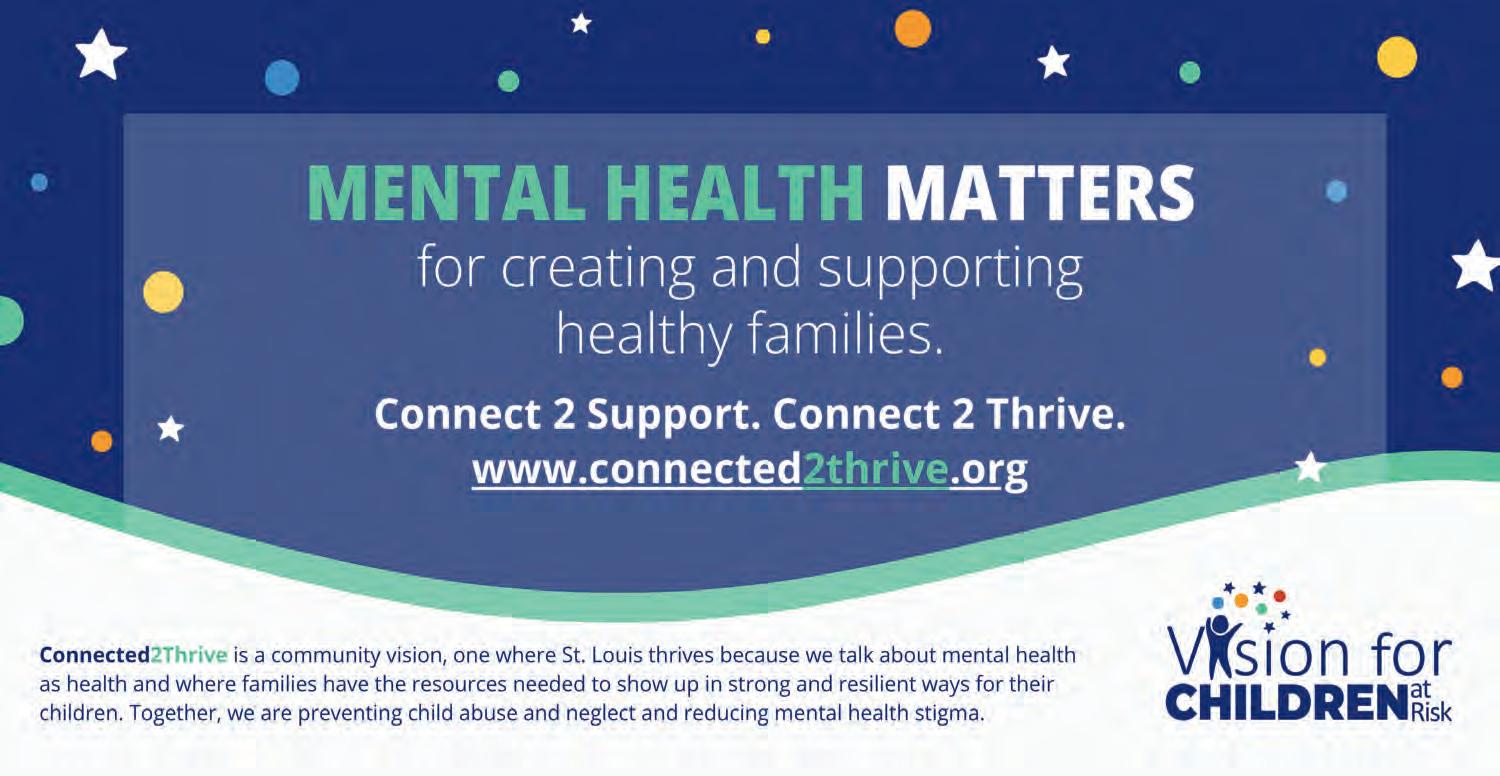
May marks National Mental Health Awareness Month and serves as a reminder of National Foster Care Awareness Month. Shocking statistics reveal that one-third of U.S. youth aged 12-17 have experienced two or more traumatic childhood experiences. When considering the perspective of foster care, these numbers become even more concerning. The National Institute for Health indicates that up to 80% of the 40% of youth in foster care exhibit severe behavioral or mental health issues.
As of August 2023, there were nearly 13,000 children in Missouri foster care, with Black children representing nearly 70% of those youth. Surprisingly, Black foster parents represent 13% of the total licensed foster parents.
In collaboration with child welfare agencies, the Foster and Adoptive Care Coalition (Coalition) plays a crucial role in supporting foster youth and families by addressing foster care-related inquiries and facilitating access to mental health resources. As we walk alongside our youth and families, this additional assistance significantly aids families in navigating the complexities of the foster care system.
Regrettably, a substantial percentage of foster parents, as reported by Human Development and Family Science, disclose that the mental health needs of their foster children are unmet. This is often attributed to inadequate mental health evaluations for children entering foster care and insufficient identification of emotional and behavioral challenges among foster youth.
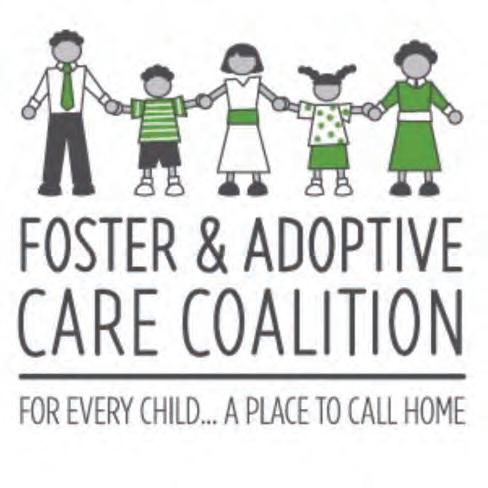
Despite the foster care system's intention to provide a secure and nurturing temporary environment, more than 20,000 foster care children age out of the system annually. The Chief Growth Officer of the Foster & Adoptive Care Coalition recounts a poignant personal experience transitioning from foster care to adulthood, underscoring the profound impact of unresolved childhood trauma on her mental and emotional well-being. “After spending more than a decade in foster care and transitioning from the system to adulthood, today it remains one of the memorable life challenges due to unaddressed childhood trauma.”
The Coalition's initiatives, such as RESPOND, a culturally sensitive program designed to support prospective foster, adoptive, and guardianship families from the Black community, address the disproportionate representation of Black/African-American children in the local foster care system. Notably, Black/African-American children in foster care spend nearly a year longer in the system compared to their BIPOC counterparts.
The Coalition offers foster care youth and families wraparound support related to educational assistance, job training, housing placement, and access to health care, which may significantly impact children and caregivers' mental health.
Coalition programs like RESPOND, a culturally competent approach to foster care, support potential foster/ adoptive/guardianship families from the Black community as they enter the foster care system to respond to the inequity of African American/Black children in the foster care system in our St. Louis Region.
For anyone impacted by the foster care system or interested in making a difference in the lives of youth affected by foster and strengthening their mental well-being, contact us at https://www.foster-adopt.org/
For individuals interested in becoming foster parents or learning more about our RESPOND Program, visit https://www.foster-adopt.org/respond/.


Mental health problems are on the rise among children and Missouri state government is discussing ways to meet their growing needs.
Missouri Department of Mental Health Director Valerie Huhn told the State Board of Education that in the past three years, the U.S. Surgeon General has issued advisories about the mental health of children, instead of about drugs and tobacco.
“This feels different. Mental health is just like a broken arm for kids,” said Huhn. “We would never let them walk around with a broken arm. We need to start making sure we are addressing the things that are impacting mental health and that we are talking about mental health. We literally talk about this as a generational issue and it may be a two-generational issue.”
The advisories say that children who spend more than three hours a day on social media face double the risk of mental health problems. Huhn said multiple studies show rates of depression and anxiety among children jumped by more than 50 percent between 2010 and 2019.
Board member Kim Bailey, a mental health specialist from Raymore, said teachers should be trained to educate students about the importance of face-to-face interaction.
“We are seeing a significant increase
in our higher-level mental illnesses. I do feel that if we can get more healthy social connection, we’ll see those numbers come down,” said Bailey.
Board member Pamela Westbrooks-Hodge, of Pasadena Hills, said she’s glad to hear federal discussions about regulating social media use among children.
“I have not heard those same conversations at the state level,” she said. “What role does policy play in helping parents regulate this? We know parents need to put kids in seatbelts, but it’s also a law that you have to wear a seatbelt.”
Board President Charlie Shields, of St. Joseph, said things must change if Missourians want different results.
“We help with nutrition services, children experiencing homelessness. We have schools that have washing machines in them,” said Shields. “We’ve had school nurses for 100 years. We don’t tell parents you take your kid to school; we send a bus by. All those services are designed to help parents. But somehow, we talk about mental health, behavioral health, values, that’s the third rail we can’t touch and we’ve got to get past that,” he said.
Dr. Cla Stearns, with the Department of Mental Health, said not all jobs held by mental health professionals need to be people who are licensed, or have a master’s degree, or doctorate.
“Even with a massive push, we’re not going to get enough master’s level LPCs,
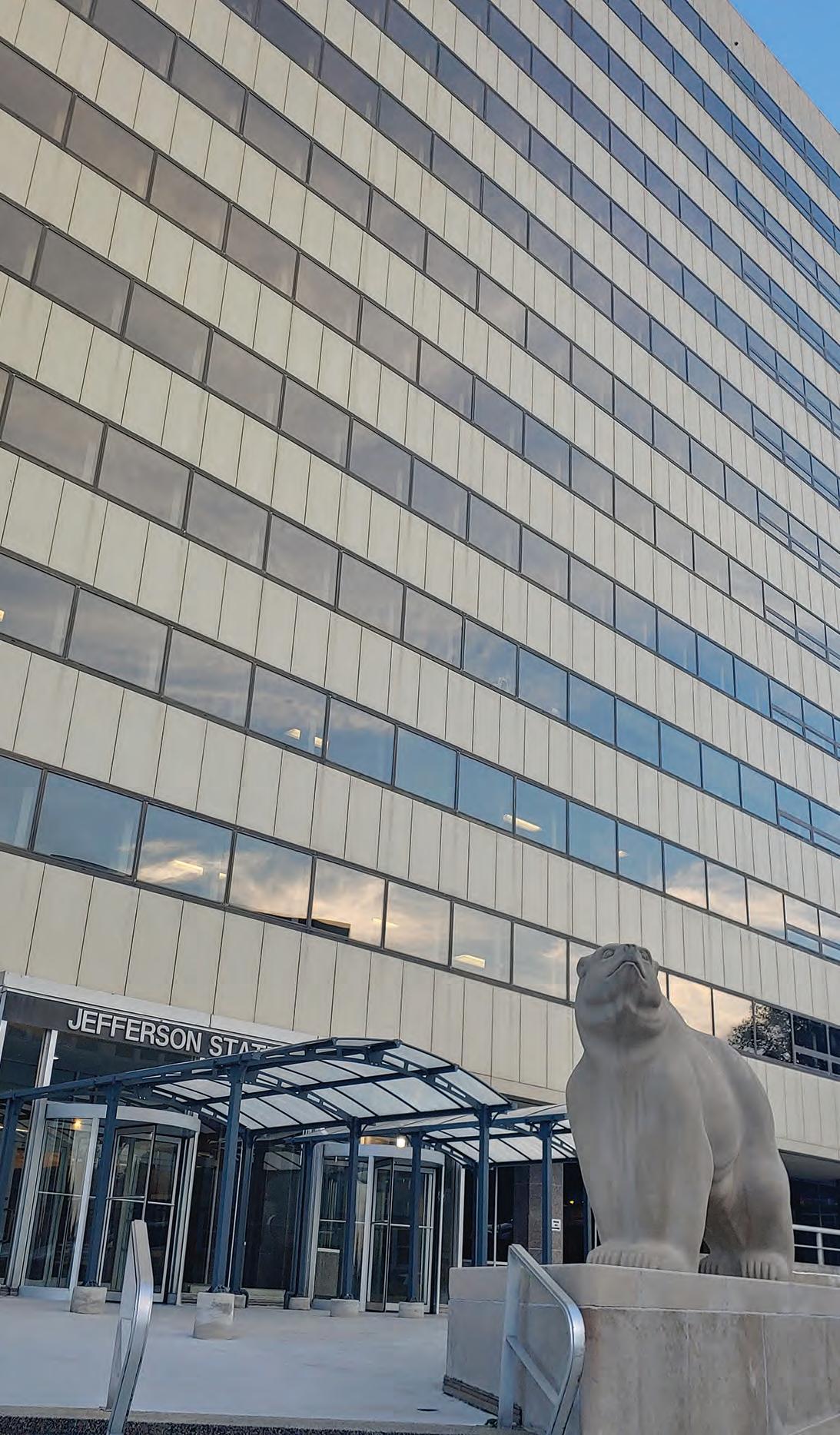
LCSW, doctorate level folks in this to solve this issue,” said Stearns. Stearns said the state is trying to educate parents and give them the skills to
improve the well-being of their children. He said making parents the “frontline mental health workers” is the best avenue to take.
When people are facing mental health problems or during times of grief, loss, or trauma, they often turn to trusted members of their community for help. Relationships formed in the spiritual community are deeply supportive. Faith leaders become first responders and can make a huge difference in how the individual and community copes – but only if they know what to do, what resources are available and how to access them.
Bridges to Care & Recovery, an initiative of the Behavioral Health Network of Greater St. Louis, mobilizes clusters of churches in St. Louis City and North County to support the behavioral health treatment and recovery of congregants and other community members. The initiative extends the system of care and brings together the faith-based community, behavioral health providers, social service organizations, law enforcement and others to coordinate services for those in need.
- REDUCE STIGMA of behavioral health issues through training and education.
EQUIP CONGREGATIONS with tools to develop wellness ministries and volunteer companion programs for
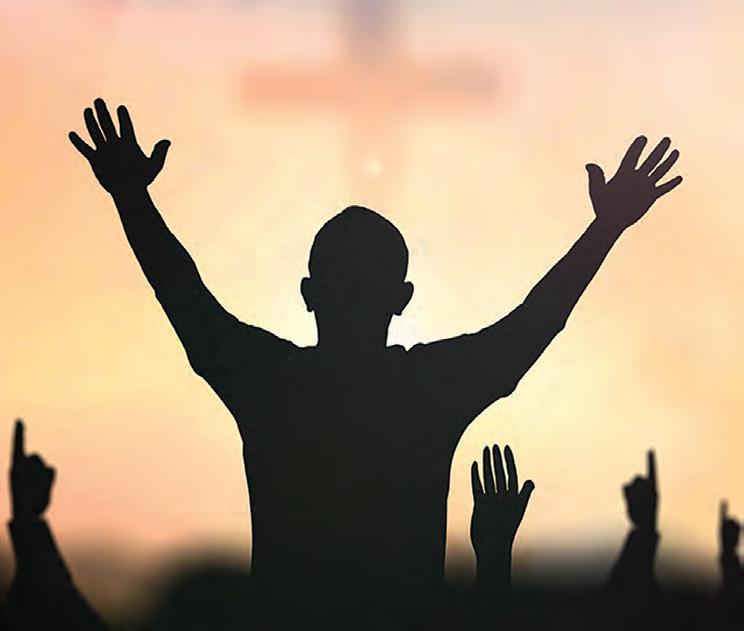
long-term sustainability.
PROVIDE EARLY INTERVENTION to divert from health emergencies and the criminal justice system.
STRENGTHEN PARTNERSHIPS between providers and congregations that enable better access to treatment.
Since the inception of the program, over 100 churches have been trained as “Behavioral Health Friendly” and more than 400 volunteers serve as Wellness Champions (trained volunteers) in their congregations. In addition, the program also offers a network of Referral Coordinators who are advocates with the ability to link individuals to community resources including counseling sessions with culturally competent providers. If you would like to speak to a Referral Coordinator or need more information about available resources CALL THE BRIDGES HOTLINE at 314-628-6272. Leave a voicemail and a Referral Coordinator will contact you within 24-48 business hours.
Convenient locations in North and West St. Louis County. Evaluations can also be scheduled in children's schools. Common problems we evaluate include: · Anxiety and depression · Poor attention or hyperactivity · Aggression, anger, and defiant behaviors · Body image and eating concerns · Stress and coping difficulties · Peer relationship and social problems · Difficulties with problem solving and decision making · School-related difficulties · Adjustment to changes in family make-up, bereavement,

or health concerns Evaluations we provide include: • Mental Health Screenings • Diagnostic evaluations for behavioral, attentional, and emotional difficulties, and/or school-related problems • Violence and Suicide Risk Assessments • Psychoeducational Assessments • Psychosexual Evaluations • Autism Evaluations • Trauma Assessments
Making an appointment is easy 1. Call 314-516HELP / 314-516-4357 to speak to our staff or visit umsl.edu/cbh and “Request a Call” 2. Confidentially discuss the evaluation or service you are seeking. 3. If we are the right fit, simply schedule an appointment within our convenient hours.
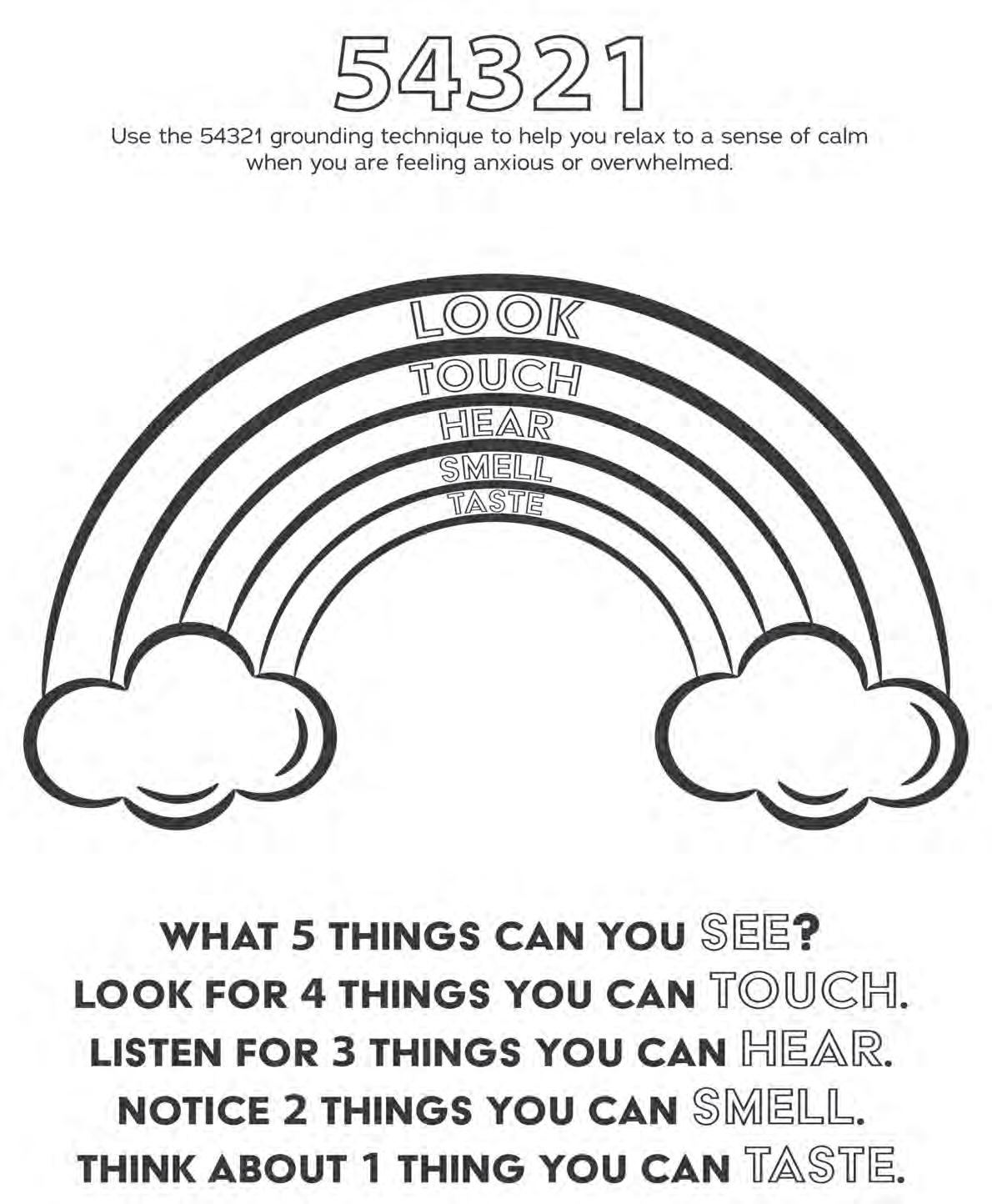

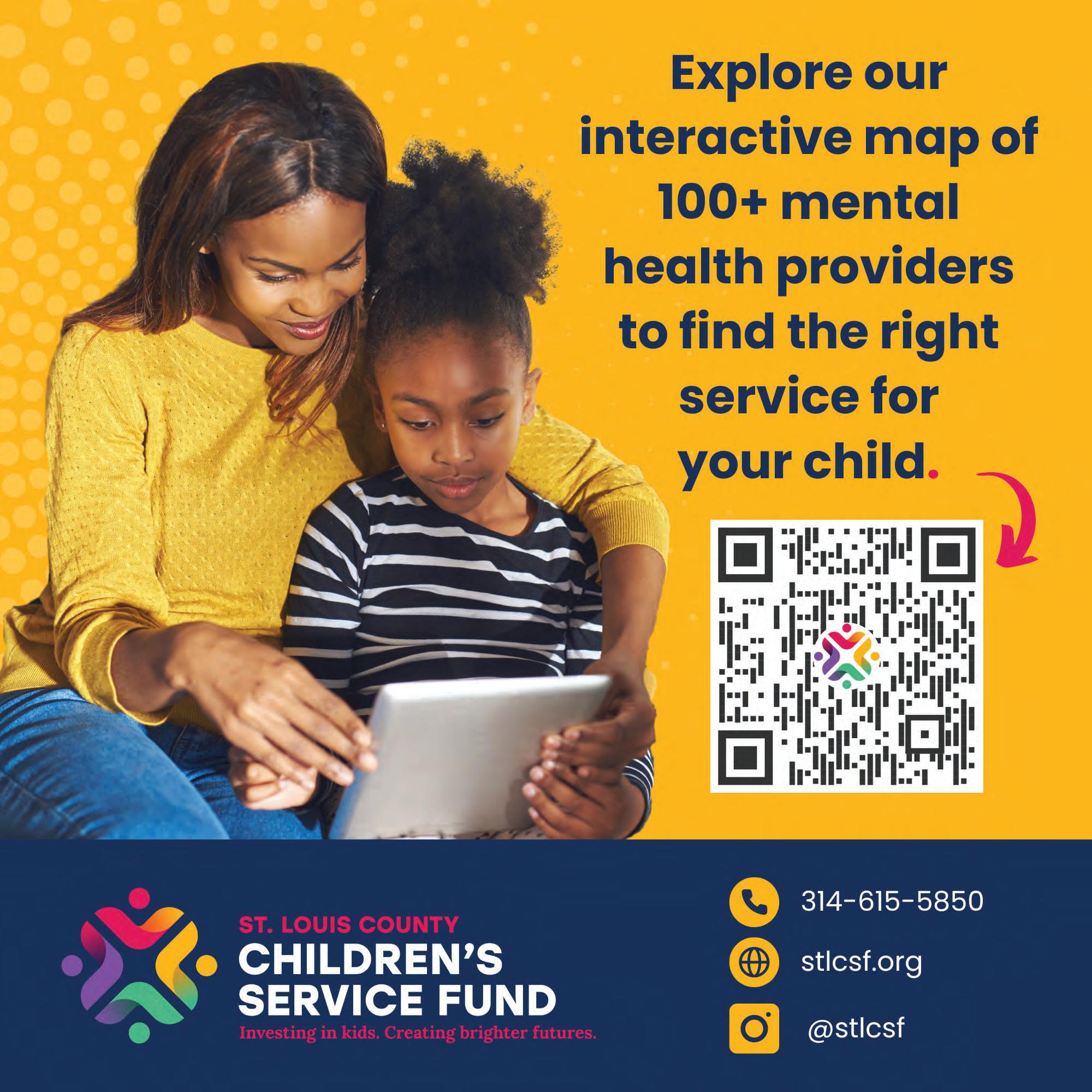
Your mental health matters.
Did you know mental health conditions are the most common health concern in the U.S.? One in five US adults live with a mental illness, and one in five youths (ages 1318) have had a seriously debilitating mental illness
In Mental Health America’s 2023 State of the Mental Health in America report, Missouri was ranked 36th for access to mental health care. This is based on highest access to care.
Of the almost 1 million Missouri adults with a mental illness, 50% did not receive treatment and 16.7% were uninsured.
Two common signs of mental illness, anxiety and depression, are the most common mental health conditions. Below are common symptoms of each to help you understand if it’s time to speak to a mental health provider.
Anxiety: Feeling restless • Feeling tired • Difficulty concentrating or losing train of thought • Irritability • Muscle pain, tightness, or soreness • Difficulty sleeping –both falling asleep and staying asleep.
Depression: • Persistent sad, anxious, or "empty" mood • Sleeping too much or too little; middle of the night or early morning waking • Weight fluctuations; reduced appetite and weight loss, or increased appetite and weight gain • Loss of pleasure and interest in activities once enjoyed, including sex • Restlessness, irritability • Persistent physical symptoms that do not respond to treatment (such as chronic pain or digestive disorders) • Difficulty concentrating, remembering, or making decisions • Fatigue or loss of energy • Feeling guilty, hopeless, or

worthless • Thoughts of suicide or death.
You are not alone. There are different ways you can get help. Get help immediately by calling or texting 988. Free and confidential support is available 24/7. More than 240 languages are supported via voice calling. If you’re not sure about what you’re feeling, you can start by taking an online mental health screening. It’s a free tool to help you think through your thoughts and behaviors. If the results indicate you may be experiencing symptoms of a mental health concern, it’s best to talk with your primary care provider (PCP).
Your doctor or nurse practitioner can recommend a mental health specialist. You may also hear the term “behavioral health,” because those working in the profession understand conditions of the mind impact the whole person. It’s important to know “mental health” and “behavioral health” can be used interchangeably. When choosing a mental/behavioral health provider, your PCP can help
you select the type of provider (psychologist, psychiatrist, social worker) for your mental health needs.
From there, consider the following: Your concern or condition: Some mental/behavioral health providers have areas of focus or specialties. - Severity of your condition: Again, your PCP can help you understand more about the severity of your behavioral health condition.
Your health insurance: Check with your health insurance to learn what is covered and find a provider in your network. If you are uninsured, community health centers, like Family Care Health Center (FCHC), offer services with low fees using a sliding scale based on salary. - Whether or not you need medication: Not all mental/behavioral health providers can prescribe medication. Your PCP can help you understand if you may need medication for your condition.
Availability: Some health centers, like Family Care Health Centers (FCHC), have behavioral health specialists onsite to conduct an in-person screening during a sameday visit with your primary care provider. These same-day visits to FCHC are free of charge and don’t require you to make another appointment for this initial consultation. Other mental/behavioral health providers may work in an office separate from your PCP and it’s important to call to learn when you can be seen. Most importantly, talk to someone if you are feeling “off” or not yourself.
Getting support sooner rather than later is the best path to moving toward a happier, healthier life.

Trauma transcends race, social status, gender, or generation. A common thread that weaves us all together. Look to the person to the left of you right now, then to the person to the right of you. One of those individuals has experienced some form of trauma in their lives. As common as it occurs, it’s unfortunately just as common that people never seek help. A trauma is any event that’s deeply upsetting, scary, or harmful. Things like abuse, violence, sexual violence, accidents, or natural disasters can be trauma.
Imagine experiencing those things in early childhood, with no support? I can tell you from experience, it can leave scars across your mind that hinder your self-esteem, self-worth for many years after the incident itself. To experience trauma and never receive counseling or support from family and friends, leads to your inability to make healthy decisions.
It is very difficult to make healthy decisions from a broken mindset. In today’s world it has become so normal for a young girl to have experienced trauma that to seek help almost seems absurd. Add teenage parenthood and the demands of caring for someone who depends on you solely to survive to the mix; the painful bouts of gas, the teething, the common colds, the uncontrollable crying, the lack of sleep, the mental fatigue, schoolwork, a negative home life and trying to balance all of it. It can certainly take a heavy toll on a young lady who’s already battling the lasting effects of unaddressed ACES (Adverse childhood experiences).
Low self-esteem, low self-worth, the feeling of being a failure, disappointment, shame and dirty. How do you find the light of positive mental wellbeing inside a world clouded with mental darkness.
As an adult woman who is now able to look back and recognize all the barriers I faced to a healthy mindset, Community of Hope, a nonprofit 501C3 organization for teenage mothers, 11-19, was founded to provide a safe space for teen moms to get the resources, guidance, direction and help they need to succeed as young parents. Through our Parents & Community Connected Program (PACC), we provide young mothers with one-on-one case management with case managers who were teenage mothers themselves, resources
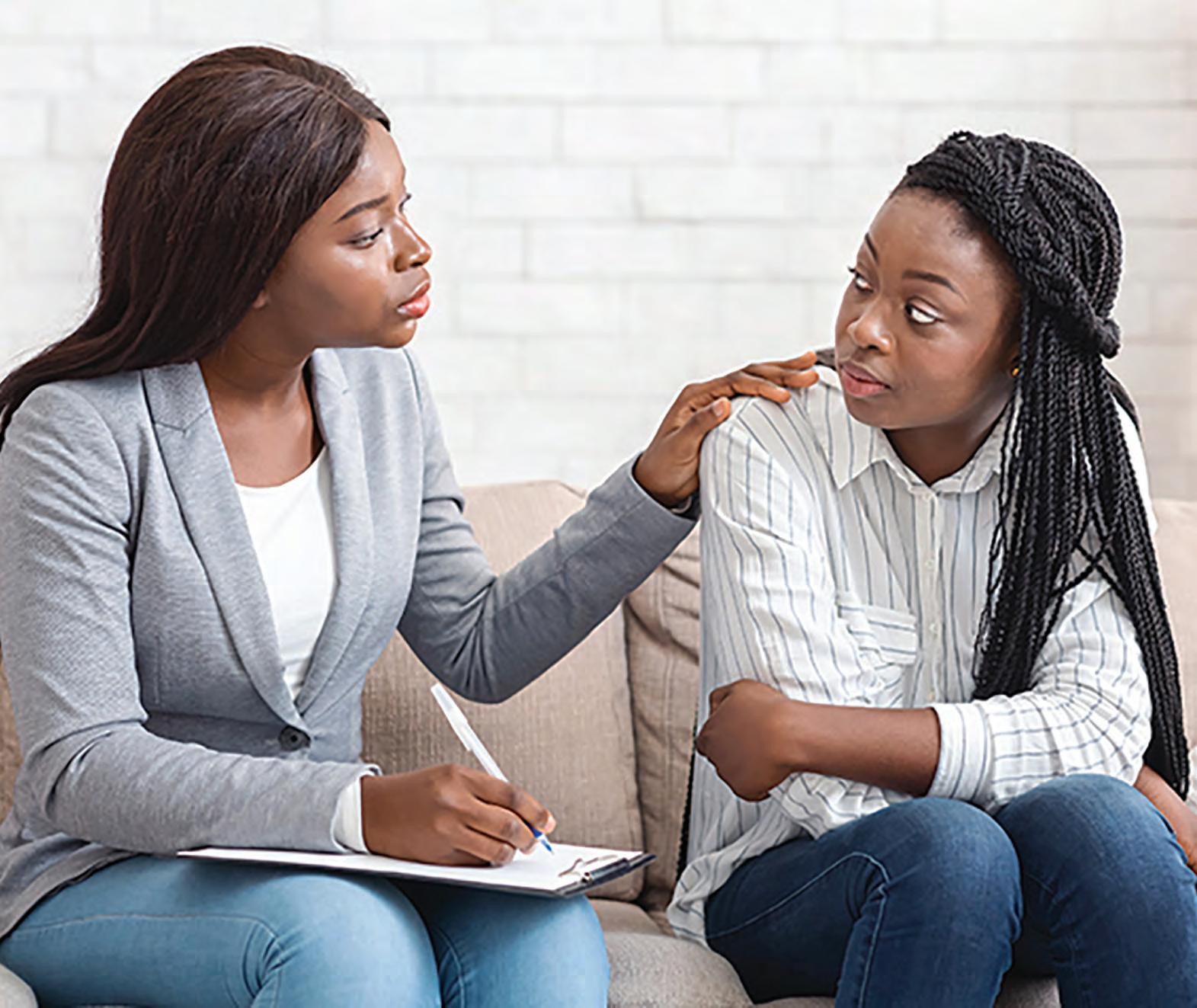
to outside entities to ensure the needs of the overall family can be met, parenting classes, financial literacy classes, life skill classes, peer support and in-depth counseling assessments with licensed trauma counselors from within the participant’s own community. Counselors with experience in identifying the signs and symptoms of trauma, grief, and PTSD. Additionally, we provide necessities such as baby clothing, emergency formula, diapers, strollers, car seats, bedding, baby beds, pack n play’s, period
supplies and more through our Mommy & Me Closet. All services are free to our program participants. If you have a young mom in need of support, please reach out to us. One of our dedicated case managers will contact you within three working days.
Community of Hope Office: 314-8875941 Email: communityofhopestl@gmail. com Web: www.communityofhopestl.org
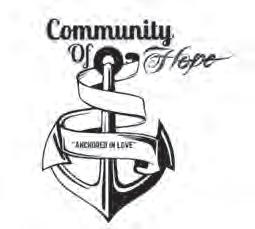
PreventEd has been a source of support around substance use in Eastern Missouri since 1965.
The organization envisions a region free of the problems associated with the misuse of alcohol and other drugs, and provides assessment and referrals to treatment, community education, coalition support, school-based prevention education, and recovery support services.
PreventEd is the region’s foremost provider of school-based substance use prevention education and delivered programming to nearly 60,000 K-12 students last year (41,000 in City of St. Louis/St. Louis County.) We further develop youth leadership through Teen Institute, Hear Us and It’s Complicated programs.
The counseling staff provides substance use assessments and referrals to treatment providers for adults and early intervention programming for teens, PreventEd’s GuidEd program provides early intervention, helping teens who are beginning to exhibit signs of substance misuse make informed decisions and shift towards healthier behaviors.
Since 2021, PreventEd has provided peer support to adults trying to start on their recovery journey. Certified Peer Specialists (CPS) use their lived experience with
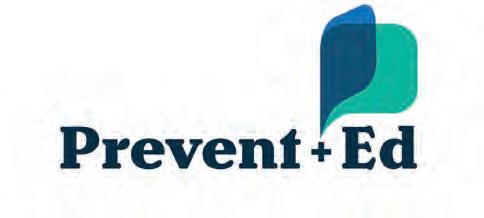
substance use disorder and recovery to help their peers gain footing and establish a foundation in recovery. CPS services will expand into St. Louis City and County in 2024.
PreventEd also offers resources and support for community coalitions seeking to mount effective responses to alcohol and other drug-related issues through grassroot efforts and public policy advocacy. PreventEd staff trains first responders, treatment professionals, and members of the public to effectively handle opioid overdose situations. Staff also distribute Naloxone, the overdose reversal drug, to the community free of charge. Addiction is a treatable disease, but it takes a change in perspective, ideology, and community sup-
port to combat it together
Preventing substance misuse is society’s most cost-effective way to address disorders involving alcohol and other drugs. PreventEd is committed to guiding all people through tough conversations around alcohol and other drugs, utilizing programs rooted in evidence-based practices to best serve the needs of the community. All services are confidential. Most services are provided at no charge and are funded through grants and donations. It is our shared responsibility to help young people grow and live the healthiest, happiest, best life they can.
For over 50 years, PreventEd’s prevention programs have been empowering young people to thrive as leaders in their schools and communities. PreventEd is committed to helping prepare young people with the knowledge and resources needed to make the best educated decisions. PreventEd is proudly supported by both the Mental Health Board and the City’s Department of Health.
Additionally, PreventEd relies on generous donations of their supporters within the community. Please visit www.prevented.org or call 314-962-3456 to learn more.
Jennifer had struggled with her mental health most of her life. She was diagnosed with schizophrenia as a young adult, but her medication was no longer working. Her family had run out of options to help, and Jennifer no longer had stable housing. Seeking food and shelter, she often went to local emergency rooms.
During one of these visits, doctors worried Jennifer was not able to make her own decisions. They asked the court to appoint a guardian to care for her. Jennifer began improving. She found a medication that helped her, and with the assistance of community support, she found housing and employment. She wanted to go back to school and get her driver’s license, but her guardian did not agree.
If Jennifer wanted to make her own decisions about her future, the court would need to remove the guardian. Jennifer came to a free legal clinic hosted by Legal Advocacy for Adults with Mental Illness, a program at Legal Services of Eastern Missouri. Legal Advocacy for Adults with Mental Illness, known as LAAMI, helped Jennifer terminate the guardianship.
LAAMI is funded by a grant from the St. Louis City Mental Health Board and assists adults in St. Louis
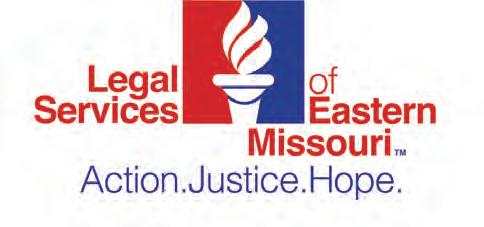
City living with or at-risk of developing a mental illness with their civil legal issues. LAAMI assists clients in multiple areas of the law, including guardianship terminations, divorces, name changes, expungements, municipal cases, housing and powers of attorney.
By combining both legal and social work assistance, LAAMI can help clients with their legal problems and connect them to other supports, such as counseling, financial assistance and public benefits. Because LAAMI can assist in multiple areas of civil law, clients can receive help with different legal issues in one place. Anthony was searching for a new apartment, but he was struggling to pass a background check.
He had a felony on his record, but he had not been in any legal trouble for over 20 years. He was referred to LAAMI to assist with an expungement. LAAMI obtained an expungement for Anthony to clear his record and expand his housing options. Anthony also had concerns about how he would be cared for as he aged.
LAAMI’s social worker met with Anthony to discuss his health care wishes, and they created powers of attorney and a health care advanced directive for him. Legal Services of Eastern Missouri offers representation at no-charge to low-income individuals with civil legal issues. Although LAAMI focuses on individuals suffering from mental illness, clients do not need to have a mental health diagnosis to seek services.
LAAMI has assisted people recovering from substance use disorder with municipal cases and custody issues. LAAMI frequently obtains name changes for people in domestic violence situations or to better reflect their gender identity.
If you or someone you know is struggling with civil legal issues because of their mental health, assistance may be available by email at LAAMI@lsem.org or (314) 860-5156.
Let's talk about something that affects the mental health of a lot of young people: trauma. Traumatic experiences can have a lasting effect on how you feel and function. It's essential to recognize these effects, find support, and learn healthy ways to cope. In this article, we'll dive into how trauma can affect your mental health and explore strategies for healing and resilience.
Understanding Trauma: Trauma refers to experiences that are distressing and overwhelming, and can include life-threatening events like accidents, a school shooting, or natural disaster. Trauma can also be felt on an individual level like abuse or comments or behaviors that are directed at you that are based in racism and bias. Over time this can cause deep, lasting harm and overwhelm your capacity to cope.
Impact on Mental Health: Everyone reacts differently to trauma, and its effects on mental health can vary. Trauma can mess with your emotions, relationships, and everyday life. Here's how it might affect you:
1. Emotional Rollercoaster: You can feel a range of emotions like sadness, anger/irritability, guilt/shame, feeling numb, hyperaware, and in denial. These intense emotions might pop up at unexpected times and can be hard to handle but they are normal responses.
2. Bumpy Relationships: Trust issues and communication problems can arise from trauma, making it tough to connect with friends, family, or romantic partners. You might withdraw or struggle to build healthy relationships.
3. School Troubles: Concentration, memory, and motivation can take a hit because of trauma. It might be hard to focus in class, and affect grades.
4. Physical Pains: Some teens may experience physical

symptoms like headaches, stomachaches, or disruptions in appetite and sleep.
Coping Strategies: Once you are aware of these signs, you can seek help. Here are some tips to help you cope with trauma:
1. Reach Out: Talking to a trusted adult or counselor can make a big difference, and provide support and guidance. Call 988 or the Youth Connection Helpline at (314) 819-8811 or text BHEARD to 31658, or call The SPOT at (314) 535-0413 or visit https://thespot.wustl.edu for
additional resources.
2. Self-Care Matters: Take care of yourself! Prioritize sleep, eat well, exercise, and activities you enjoy. These simple actions support your emotional well-being.
3. Get Mindful: Mindfulness techniques like deep breathing exercises or meditation can help calm your mind and manage anxiety.
4. Connect with Others: Find friends who get it. Join clubs or support groups where teens with similar experiences support one another. Knowing you're not alone can create a strong sense of belonging.
5. Learn and Empower: It can feel empowering once you understand that what you're experiencing is normal and that does not need to define your identity. Be sure to use vetted resources/tools from a counselor.
Trauma's impact on mental health is a real concern, but remember, you're not alone in this. Seek support, practice self-care, connect with others who understand, and educate yourself. With these strategies, you can build resilience and start your journey towards improved mental health.
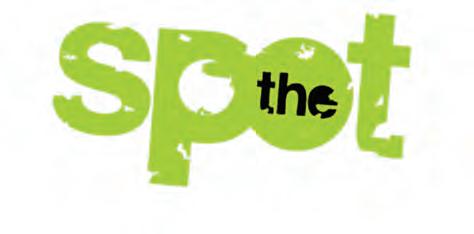

Conflict is exhausting. When we are stuck in conflict, it drains our mental energy and makes us angry, or anxious, or stressed. If the conflict is at home or at work, it can make us want to avoid that place or those people.
Conflict is also sticky. When things are going on at home, we carry that with us into work. Or if things are going on at work, it can be hard not to bring that home with us. And the more intense the conflict, the stickier it is.
That’s why the Conflict Resolution Center-St. Louis (CRCSTL) cares about supporting people through conflict. We give people the tools to have difficult conversations. We are a confidential and safe place for people to understand the sources of conflict in their own lives. We know that there are better, more creative ways to resolve conflict, and that conflict can make us and our relationships stronger.
While we serve people of all ages, we have seen firsthand the need for empowering our young people with conflict resolution skills. Conflicts among young people are more likely to escalate into violence, which creates long-lasting trauma for the whole community.
With CRCSTL’s Student-Led Peer Mediation (SLPM)

training, we equip teens with a Problem-Solving Toolkit. This toolkit empowers the next generation of peacebuilders with vital conflict resolution and creative problem solving skills. These skills include active listening, identifying needs, de-escalation, understanding our own and others’ conflict styles, and facilitating dialogue, among others.
We offer SLPM at no cost to the youth by partnering with local schools and libraries. By training young people to act as neutral mediators, we give them the skills to
resolve conflict for themselves and their friends. In our school partnerships, the school builds a peer mediation program where students in conflict work with a trained peer mediator to uncover the root causes of their disputes and together decide on fair ways of resolving the conflict.
Research from the U.S. Department of Education tells us that youth at schools participating in conflict resolution training see on average a 90% reduction in assaults and a 73% reduction in expulsions, along with reductions in disciplinary actions and initial drug use. Education becomes more accessible for students when there are fewer interruptions to their learning time and they have the skills they need to more efficiently process conflict.
The youth we work with are on the very precipice of adulthood. Learning to prioritize mental health and gaining the skills to work through conflict at this young age sets teens up for much greater success as they cross that barrier into being an adult. This sort of peer mediation training also exposes students to a wider variety of professional opportunities.
We are currently only able to offer SLPM to St. Louis City young people, but plan on starting a program in the St. Louis County Public Library this fall.
You do not have to go far to find local initiatives that support improved mental health and healing through innovative partnerships.
“So many people in our community feel isolated, alone, and helpless. We know them. They are our neighbors, friends, coworkers, and even family members.” shares Tiffany Lacy Clark, President, and CEO of Behavioral Health Response.
Thanks to professional publications like the St. Louis American, Behavioral Health Response (BHR) highlights trusted resources for those in need in the St. Louis community. Those who may feel like they are alone. Call, text, or chat 988 and you will be connected to a trained professional from BHR whom you can trust. They will take the time To Care. To Listen. To Respond. To help You. Every Day, 24/7.
988 and BHR is the best place to start. It is your lifeline and just the beginning of your healing journey.
“As an innovative community leader, Behavioral
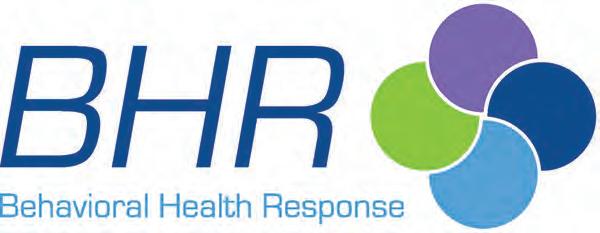
Health Response (BHR) understands that partnerships strengthen our ability to help people realize improved overall health.” shares Lacy Clark. Through connections with organizations like BJC Healthcare, Mercy, Preferred Family Health, Youth in Need, Independence Center, Easter Seals, St. Louis City, and Places for People, BHR ensures people have access to follow-up services for their next step toward improved wellbeing.
Several local businesses within the St. Louis com-
munity rely on Behavioral Health Response to provide Employee Assistance Program services that are fast, effective, and easy to access for their workforce, including virtual counseling and in-person options.
Collaborating with the St. Louis City Metropolitan Police Department, our Street Triage Co-Responder program connects residents to services and interrupts violence, decreasing the number of people with mental illness being hospitalized or incarcerated.
Behavioral Health Response is the largest, most trusted provider of crisis line services, with a strong history of strategic collaboration and innovation connecting people to the services that they need, especially in marginalized communities.
988...just three numbers to remember to start your journey and be connected to compassionate, trusted professionals. Do not let worry or fear keep you from calling when you need to talk, text or chat. We are here for you. Every day – 24/7. You are not alone.
For over a quarter of a century, Saint Louis University's Gateway Geriatric Education Center has pioneered cutting-edge education for both current and aspiring geriatric professionals. Supported by the prestigious Health Resources and Services Administration (HRSA), our center stands at the forefront of advancing geriatric care.
Having trained tens of thousands of individuals, including public groups, students, and professionals nationwide, our impact reverberates across regions and communities. As an integral part of the esteemed SLU School of Medicine's Division of Geriatric Medicine, our reach extends to students, professionals, direct care workers, older adults, and their support networks.
Backed by funding from the U.S. Department of Health and Human Services, our initiatives are tailored to enhance the health and well-being of older Missourians. We focus on training primary care health providers in geriatric medicine, particularly in underserved areas where the shortage of knowledgeable healthcare professionals is keenly felt.

At the heart of our mission lies the Rapid Geriatric Assessment (RGA), a groundbreaking screening tool enabling primary care providers to evaluate frailty, nutrition, sarcopenia, and cognitive function swiftly.
The Saint Louis University Geriatric Evaluation Mnemonics and Screening (SLU GEMS) serves as a valuable tool for clinicians, aiding them in formulating comprehensive assessments and management strategies for prevalent geriatric issues. These mnemonics streamline the process, allowing clinicians to swiftly develop
accurate differential diagnoses, conduct risk assessments, and devise effective management plans.
To access print copies of the SLU GEMS booklet, simply send an email request to aging@slu.edu.
The Saint Louis University Mental Status exam (SLUMS) is an assessment tool for mild cognitive impairment and dementia and was developed in partnership with the Geriatrics Research, Education and Clinical Center at the St. Louis Veterans Administration Medical Center.
Circle of Friends®: Developed by leading scholars at Helsinki University, this group rehabilitation model tackles loneliness among older individuals, offering solace and companionship.
Cognitive Stimulation Therapy (CST): Our center provides evidence-based support for individuals experiencing mild to moderate dementia, empowering them to maintain cognitive vitality and social engagement.
In collaboration with post-acute and long-term care experts, our Geriatric Workforce Enhancement Program delivers concise, informative presentations aimed at optimizing care for older adults in post-acute care and long-term care settings.

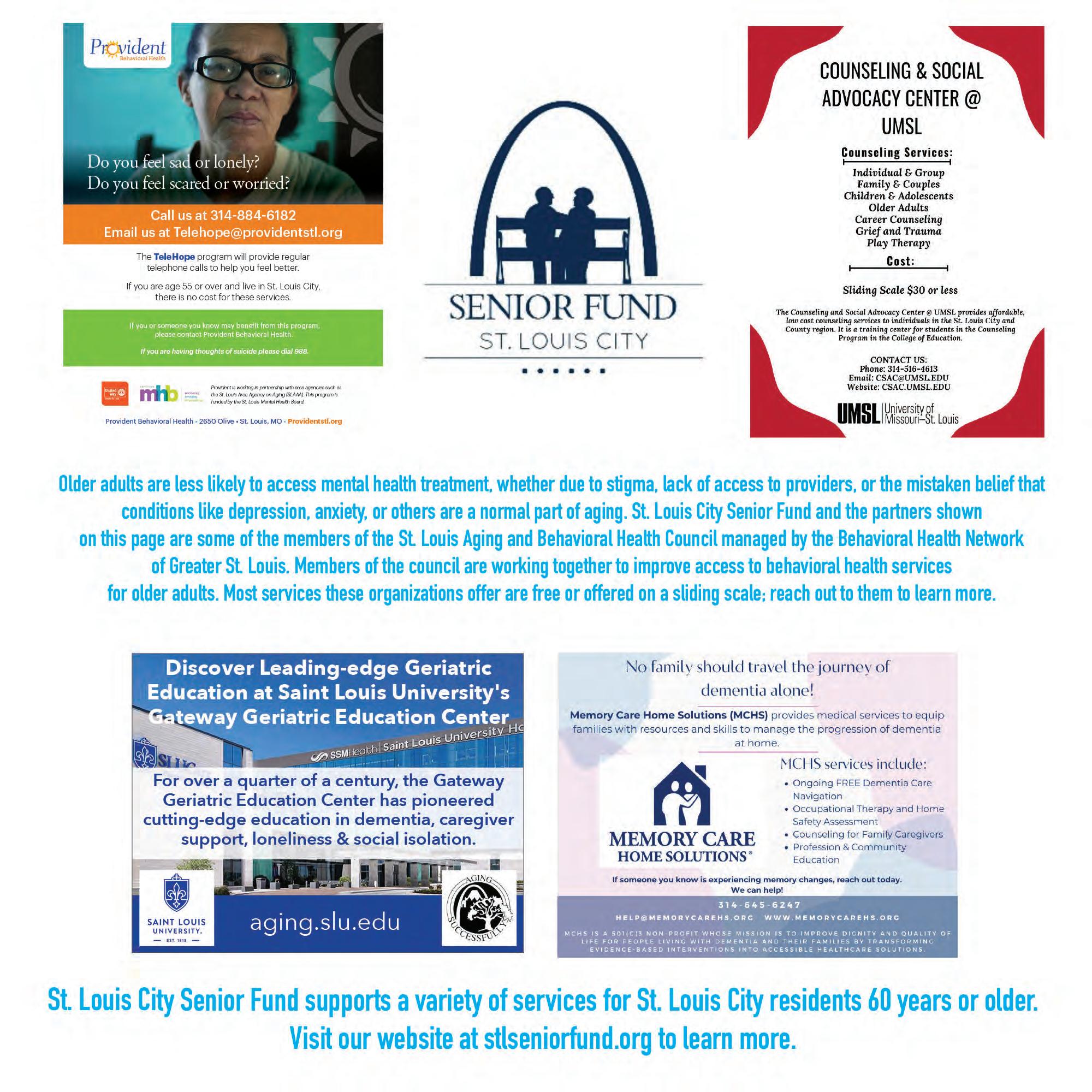
Make checking in on yourself a routine

ü How am I feeling today?
Serving the Behavioral Health Needs of St. Louis City Residents Since 1994
Serving the Behavioral Health Needs of St. Louis City Residents Since 1994
ü What has been worrying me lately?
ü Am I providing my body with its basic needs?
ü What am I doing to bring myself joy?
ü Who do I have in my corner?
Practice self-care. Be patient with yourself!

Young children are socially and emotionally healthy and ready for kindergarten
Here are some suggestions from the staff at Saint Louis MHB…
v Do a simple activity that you enjoy
Children and youths' experiences of trauma & violence are addressed and reduced
v Write or read about something that interests you
v Find quiet time to just site and be still
v Spend time outside in nature
v Make art or express your creativity
v Listen to or play music
Disparities in behavioral health equity and racial justice for Black, Indigineous, and People of Color are addressed and reduced
Children, youth, and adults with mental health and/or substance use conditions initiate and sustain healthy behaviors

St. Louis is a healthier and more equitable community when all children, youth, and adults feel safe, emotionally healthy and socially connected
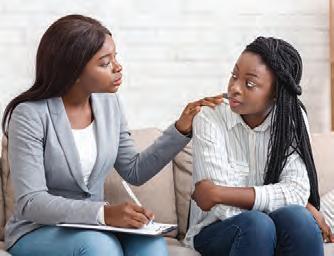
v Do physical activity that is calming like walking or yoga
v Do physical activity that is energizing like dancing or exercising
v Learn a new skill
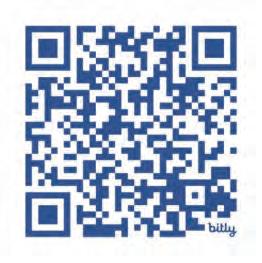
Saint Louis MHB is on a mission to improve the quality of life for city residents by investing and participating in a coordinated system of social, behavioral, and physical health services aligned with community priorities.
v Mental health is how we think, feel, and act
v Physical health and mental health are linked
v Our mental health is on a range from good to poor When our mental health is good, we think positively, feel confident and act calmy
v Poor mental health is when everyday things become difficult to cope with
Make checking in on yourself a routine.
ü How am I feeling today?
ü What has been worrying me lately?
ü Am I providing my body with its basic needs?
ü What am I doing to bring myself joy?
ü Who do I have in my corner?
Practice self-care. Be patient with yourself!
MHB will award up to $5,000 in seven St. Louis City Wards to host fun, social neighborhoodlevel events focused on mental health and well-being and that offer education on how to access mental health services and supports.
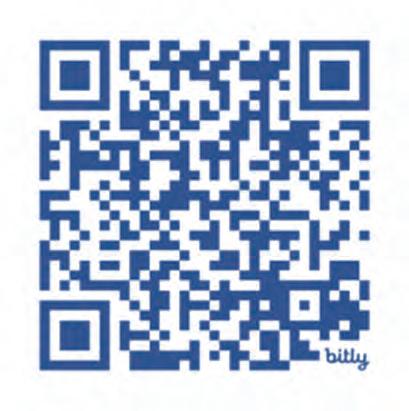
v Do a simple activity that you enjoy
v Write or read about something that interests you
v Find quiet time to just sit and be still
v Spend time outside in nature
v Make art or express your creativity
v Listen to or play music
v Do physical activity that is calming like walking or yoga
As reflected in the tag line of our logo, MHB’s strategic approach is best described as:
Scan the QR Code to access the On-Line Grant Application

v Partnering by leveraging other funding sources and regional relationships, MHB supports multisector partnerships to build equitable, just systems of behavioral health and related services
v Investing MHB builds capacity in the City of St. Louis through funding, relationship building, technical assistance for organizations who serve the behavioral health needs of City residents
or more residents across the Ward. The planning committee may propose multiple events and activities in one application as long as the combined total of all events does not exceed $5,000.
v Empowering Community-driven solutions inform MHB’s efforts by highlighting gaps, inequitable root causes, and opportunities for innovation.
Funding Decisions: Multiple applications from one Ward may result in all applications being returned to the project contacts with a request by MHB staff for coordination. MHB will have final approval on which events are funded.
Here are some suggestions from the staff at Saint Louis
Eligible applicants: Must be legal entities such as nonprofit organizations, faith-based organizations, community development corporations or businesses. Informal groups such as neighborhood associations, block units, or clubs must be sponsored by a legal entity. The sponsoring legal entity will submit the application for funding. If selected, the sponsoring legal entity will be responsible for receiving, managing, and reporting on the grant funds.
Submission of a proposal does not guarantee funding.
Established in 1994, Saint Louis MHB is an independent government taxing authority administering two special property taxes in the City of St. Louis: the Community Mental Health Fund and the Community Children’s Services Fund. Authorized in Missouri State Statutes and local ballot initiatives to administer public funds for behavioral health (mental health and substance use) and children’s services for the benefit of city residents, MHB does not provide direct services but makes funding available for direct services delivered by non-profit organizations or government. In addition to its grant making responsibilities, MHB initiates and participates in community planning, collaboration, and in the development and distribution of supplementary financial resources
Planning Committee: If there are multiple neighborhoods in your Ward interested in conducting events, we recommend establishing a planning committee of three
v Do physical activity that is energizing like dancing or exercising
v Learn a new skill
Deadlines:
Know When to Ask for Help Call or Text 988 Missouri’s Suicide and Crisis Lifeline
Saint Louis MHB 701 Market Street, Ste. 200 St. Louis, MO 63101 www.stlmhb.org
May 1 – May 31 for events in July or later
June 1 – June 30 for events in August or later
For more information contact: Lisa Potts, Director of Prevention Partnerships lpotts@stlmhb.org l 314.535.6964 Ext. 15
The St. Louis Area Violence Prevention Commission (VPC) works to reduce violent crime in the region by promoting and advocating for coordinated, wellresourced policies, support systems, and interventions among area governments, institutions, and agencies that serve individuals and families most at risk of violent crime.
